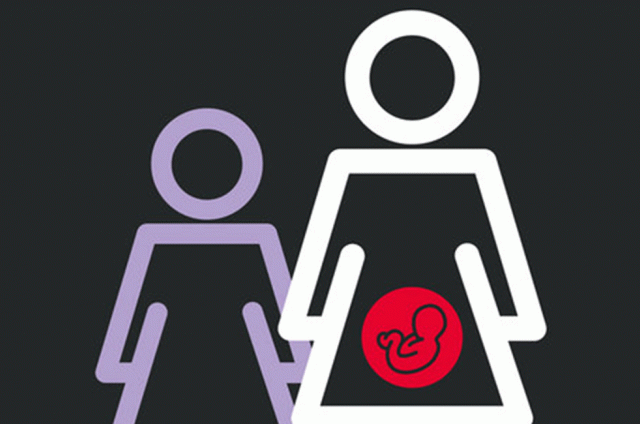Breastfeeding and epilepsy
Information for women with epilepsy about breastfeeding including concerns about passing medication to the baby.
The Department of Health recommends that every woman is encouraged to breastfeed her baby if at all possible. Breastmilk usually provides all the nutrients a baby needs for the first six months of their life.
Anti-seizure medication (ASM) and breastfeeding
If you take anti-seizure medication (ASM), your baby will have become used to the drugs while in your womb. If you breastfeed, then a small amount will be passed to your baby in your breastmilk. Breastfeeding can be a useful way of weaning your baby off the medication that they have become used to.
Some drugs, such as phenobarbital and primidone, can pass more easily into breastmilk and can make a baby sleepy, so it may be a good idea to alternate between formula milk and breastfeeds.
The patient information leaflet that comes with your ASM often includes information about breastfeeding and that particular drug. You can also talk to your neurologist, midwife, or health visitor about any concerns you may have.
The Breastfeeding Network has a helpline run by volunteers.
What’s next?
See parenting with epilepsy for ideas about keeping you and baby safe if you have seizures.
Further information
National Institute for Health and Care Excellence.
nice.org.uk/guidance/ng217
Guidance on the diagnosis and treatment of epilepsy.
Epilepsy Society is grateful to Dr F J Rugg-Gunn, Consultant Neurologist & Honorary Associate Professor Clinical Lead, Chalfont Centre for Epilepsy, who reviewed this information.
Information updated: September 2023
Giving birth and epilepsy
Information about the risk of seizures and pain relief available for women with epilepsy during childbirth.
Parenting with epilepsy
If your seizures (or your partner’s) are controlled, then epilepsy may not affect how you look after your child. However, parents who have seizures may find taking extra safety measures helpful. This depends on the type of seizures and the activity involved.
Want to know more?
Download our Women and girls leaflet:
Download the PDF (pdf 1,229 KB)
For printed copies, please call our Helpline on 01494 601 400. Please note - we require a purchase order for bulk orders.

